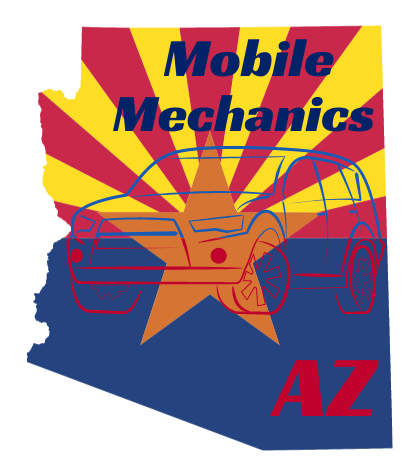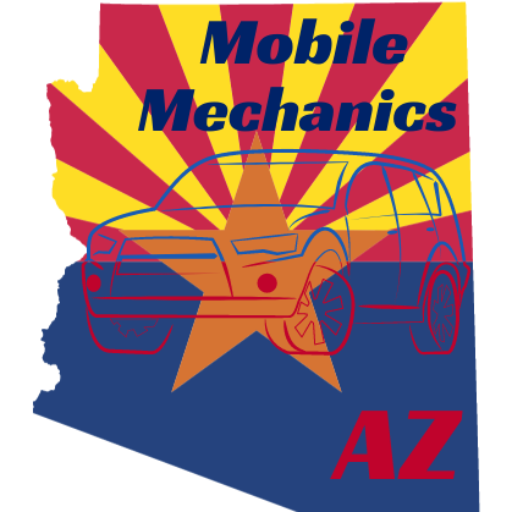Mobile Mechanics
Radiator Replacement
Considering a radiator replacement is essential to maintaining your vehicle’s cooling
system and preventing engine overheating. Here are some situations and signs that
indicate it might be time to replace your radiator:
Overheating Engine:
If your engine frequently overheats, it could indicate a failing radiator. While there are many potential causes of overheating, a radiator that can no longer effectively cool the engine is a common culprit.
Coolant Leaks:
Visible coolant leaks under your vehicle, particularly under the
radiator, are a strong indication that the radiator may need replacement. Coolant leaks can lead to overheating and engine damage if not addressed promptly.
Frequent Low Coolant Levels:
If you consistently find that your coolant levels are low despite regular top-offs, it could mean there’s a leak in the radiator or another part of the cooling system.
Rust and Corrosion:
Visible rust or corrosion on the radiator, especially on the fins or tank, can indicate that the radiator is deteriorating. Rust can block the flow of coolant and reduce the radiator’s efficiency.
Discolored Coolant:
If your coolant is discolored (e.g., brown or rusty), it may indicate that rust and other contaminants from the radiator are mixing with the coolant, signaling internal corrosion.
Radiator Fins Bent or Damaged:
The fins of the radiator help dissipate heat. If they are significantly bent or damaged, the radiator’s ability to cool the engine will be compromised, potentially necessitating replacement.
Sludge in the Radiator:
Sludge buildup inside the radiator can clog it and impede coolant flow, leading to overheating. If flushing the radiator does not
resolve the issue, a replacement may be necessary.
White Exhaust Smoke:
White smoke from the exhaust can indicate coolant leaking into the engine, which might be caused by a crack or failure in the radiator or other cooling system components.
Visible Damage:
Physical damage to the radiator, such as cracks or punctures, often requires replacement, as these issues can lead to leaks and inefficient cooling.
Failed Radiator Pressure Test:
During a pressure test, if the radiator fails to hold the proper pressure, it indicates leaks or weak spots that may require replacement.
Old Age and High Mileage:
Radiators can wear out over time. If your vehicle has high mileage or the radiator is several years old, it might be prudent to consider replacement before a failure occurs.
Consistent Temperature Fluctuations:
If you notice that your engine temperature gauge frequently fluctuates, it could be a sign that the radiator is not performing consistently, suggesting a potential need for replacement.
Contact Us Today!
If you experience any of these symptoms, it’s essential to have a professional mechanic inspect your cooling system. They can diagnose the issue and determine if a radiator replacement is necessary. Regular maintenance and inspections can help identify radiator problems early, preventing more severe engine damage.
Contact us today.

